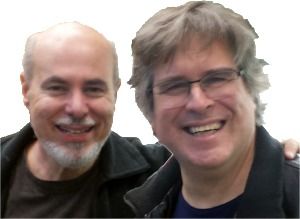Jul 7, 2015
Universe might contain millions of black holes
Posted by Philip Raymond in categories: astronomy, gravity, physics, space
[from Engadget]

Black holes are, by definition, impossible to see by conventional methods and are often further obscured by thick blankets of dust or gas. But that’s not an issue for NASA’s Nuclear Spectroscopic Telescope Array (NuSTAR). It can peek through the obscuring layers and monitor the black holes via the high-energy X-rays that they emit. And, after a recent survey that spotted five previously unknown supermassive black holes in the centers of various galaxies, NASA researchers now think there could be millions of of them dotting the Universe like the holes of an intergalactic colander.
“Thanks to NuSTAR, for the first time, we have been able to clearly identify these hidden monsters that are predicted to be there, but have previously been elusive because of their surrounding cocoons of material,” said George Lansbury of Durham University in a statement. “Although we have only detected five of these hidden supermassive black holes, when we extrapolate our results across the whole universe, then the predicted numbers are huge and in agreement with what we would expect to see.” The team’s research has been accepted for publication in The Astrophysical Journal.











